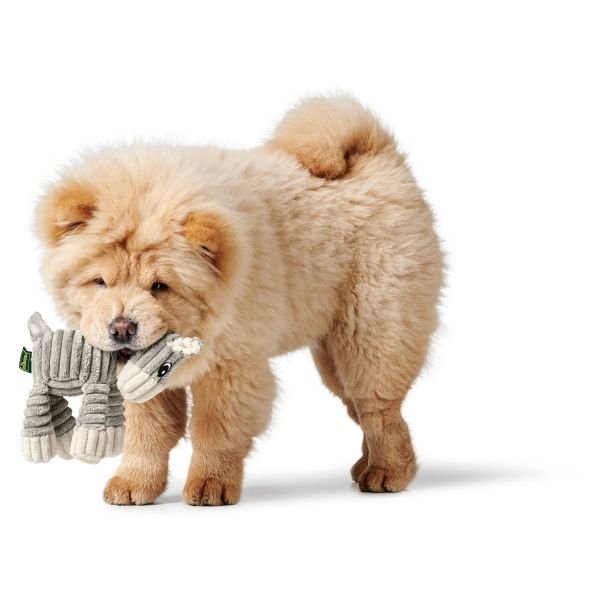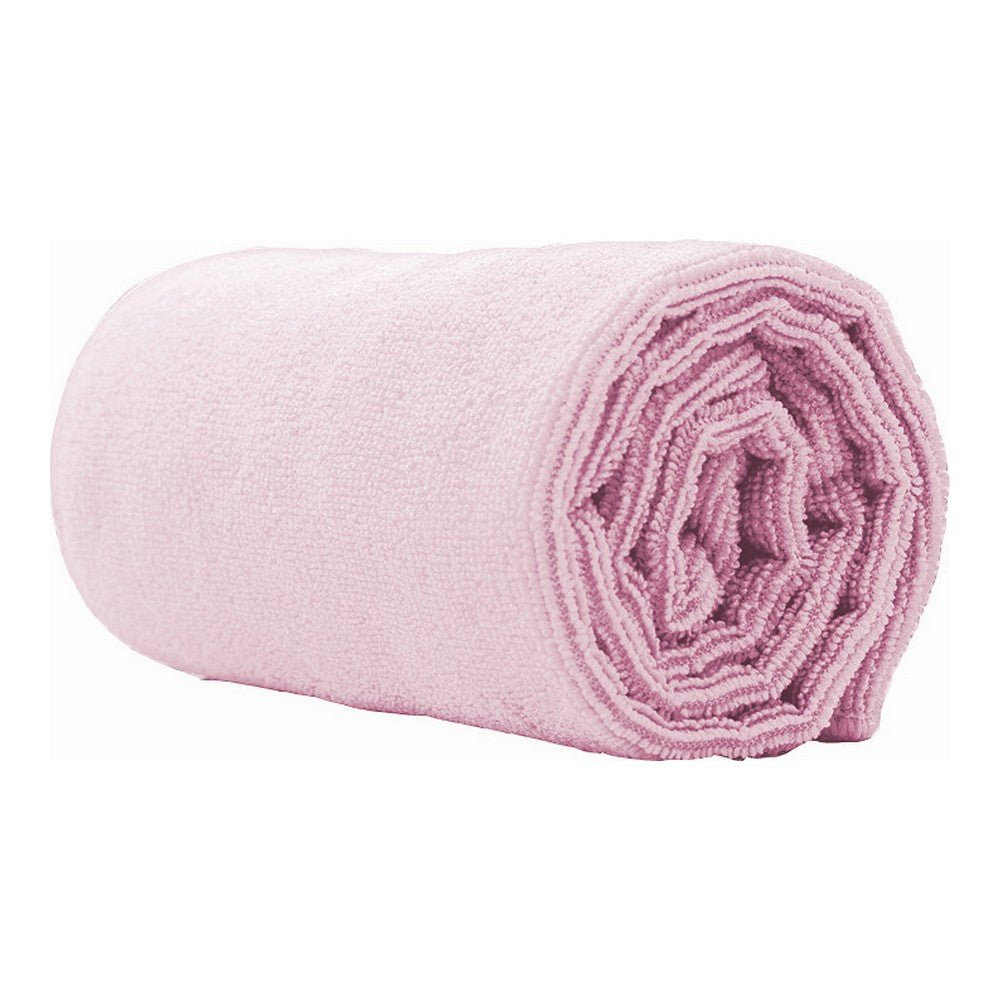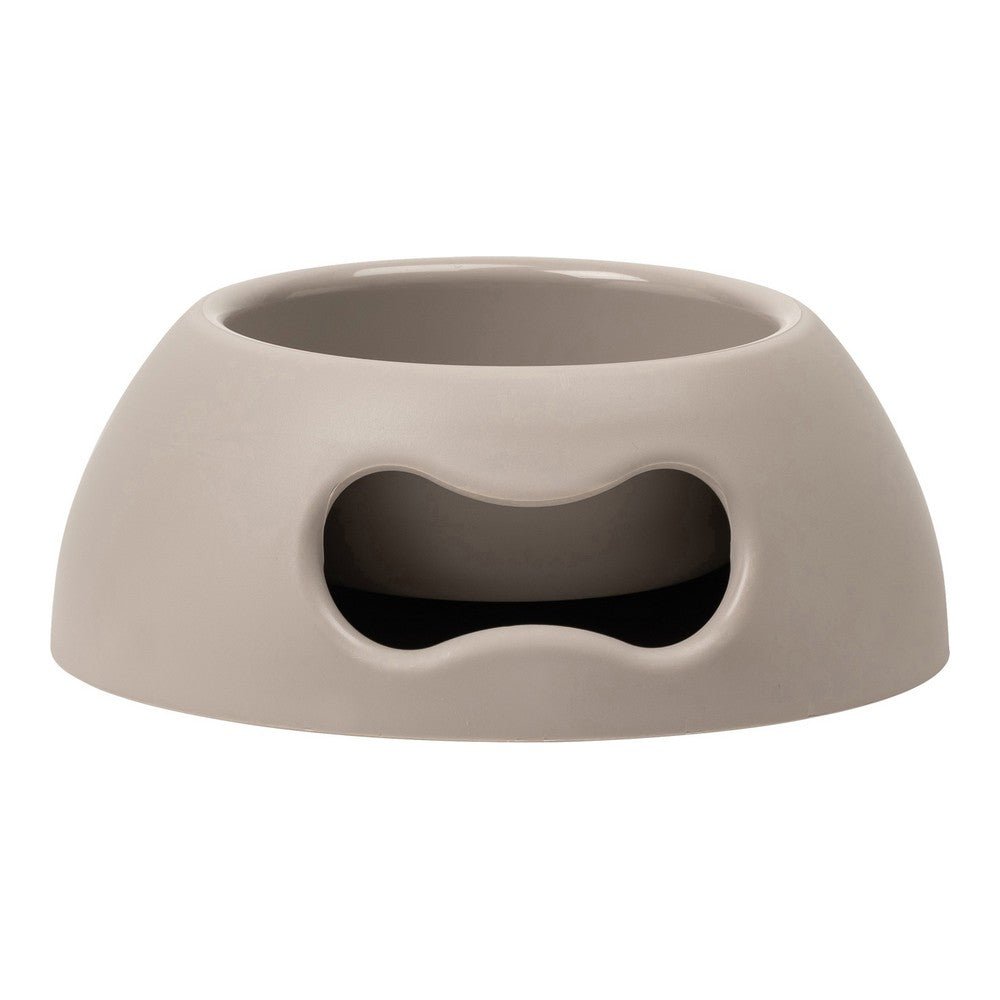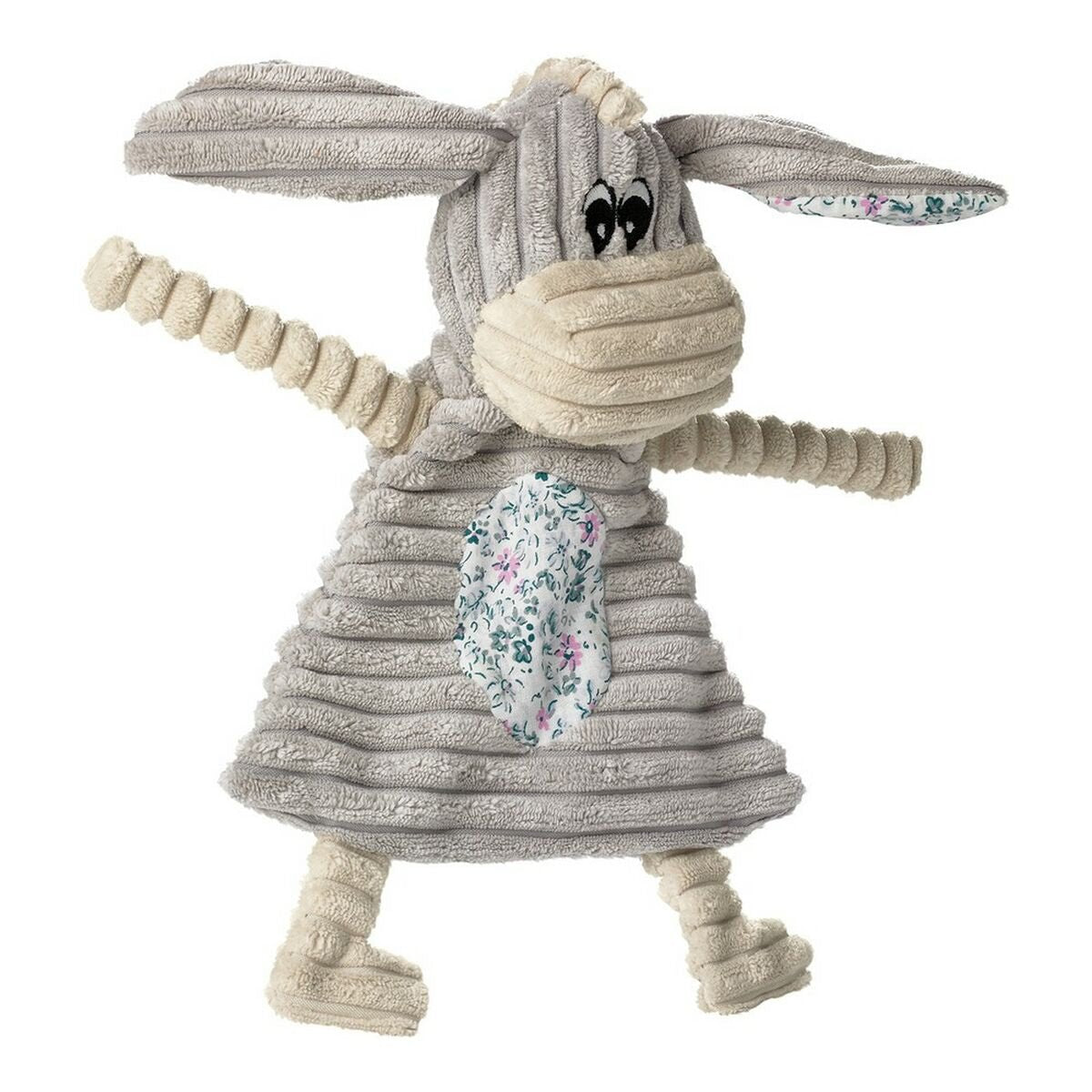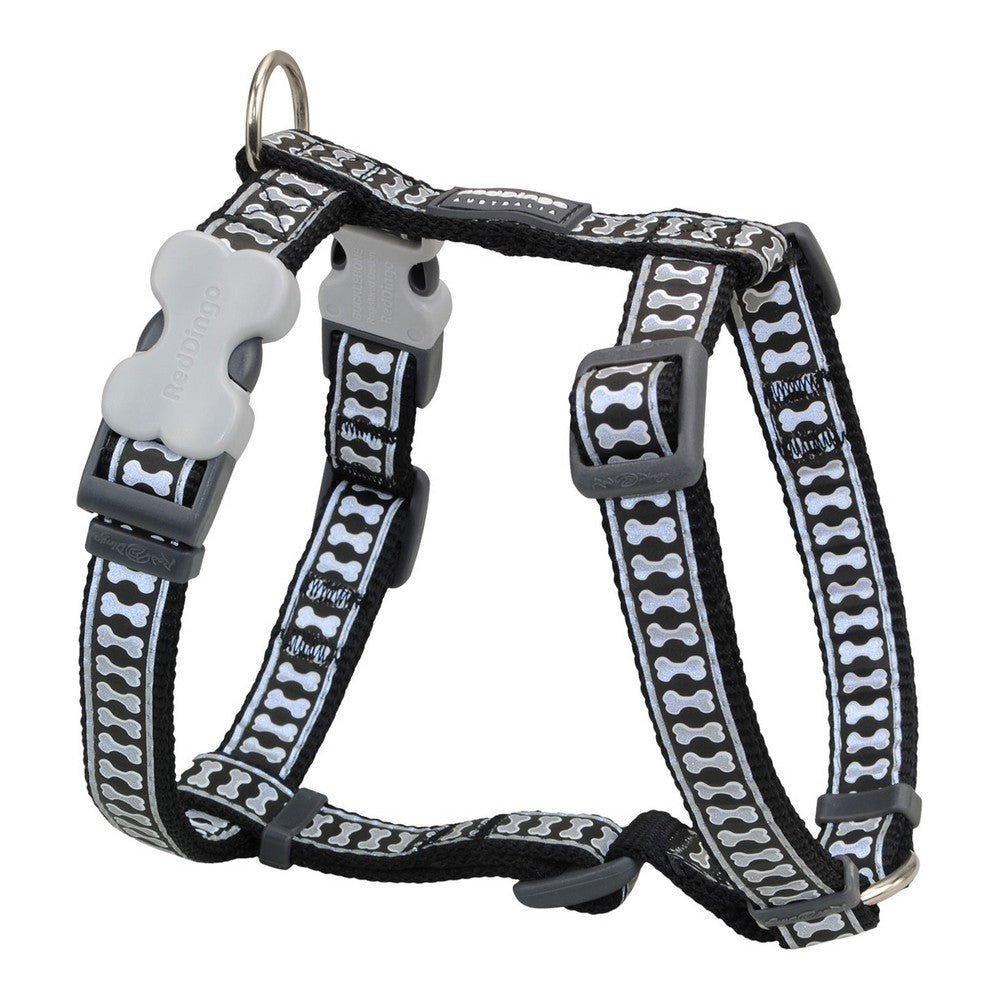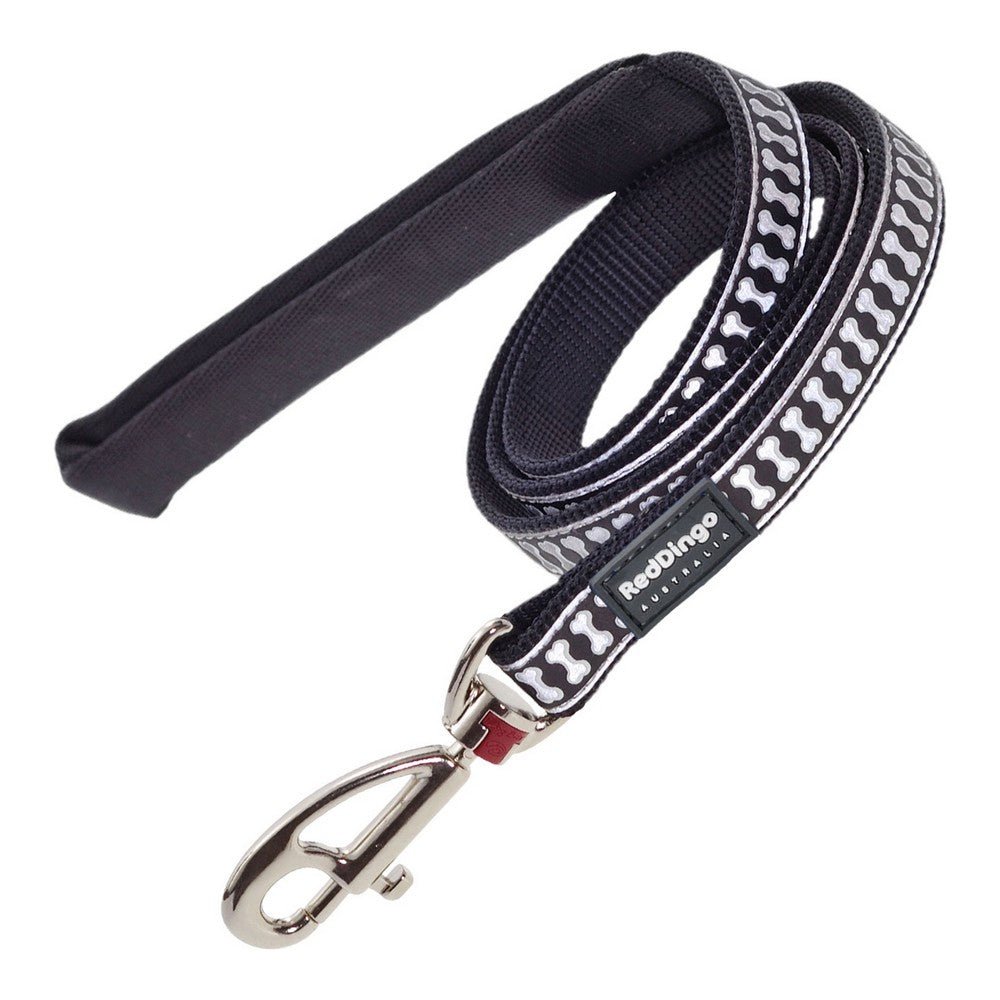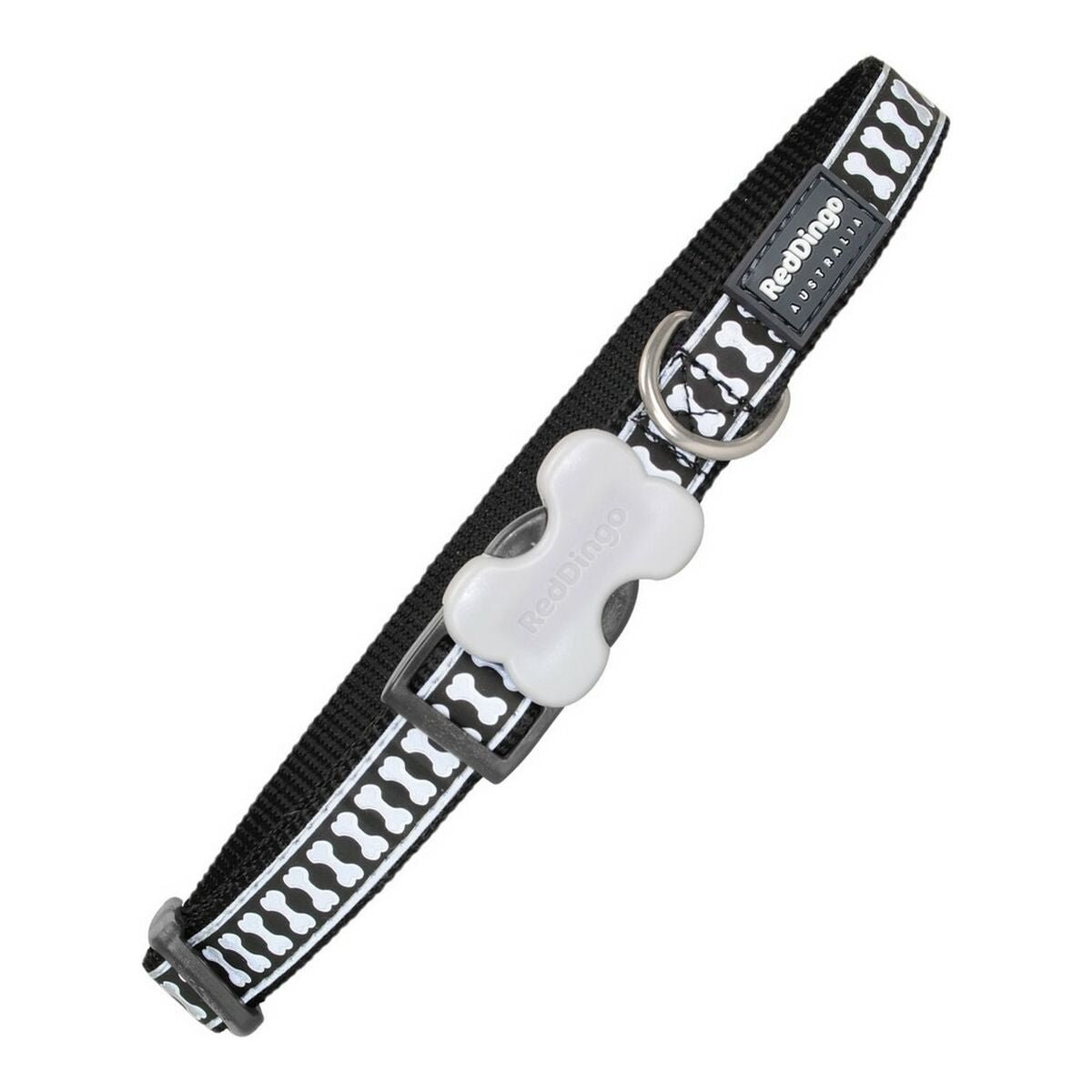Your Complete Guide to Your Puppy's First Veterinarian Visit
If your little puppy is approaching 12 weeks of age, it's time to prepare for an important vet visit. This post will guide you through the key phases of the 12-week vaccination and provide advice on how to make the experience as smooth as possible.
Why is the 12-week vaccination so important?
Vaccination is essential to protect your puppy from diseases that can be harmful. Because puppies' immune systems are still developing, they are more susceptible to certain infectious diseases. Vaccinating your puppy doesn't just mean you're taking care of your own dog's health. You also help reduce the risk of transmission throughout the dog community.
What diseases does the vaccination protect against?
At 12 weeks of age, your puppy receives its second dose of vaccination, the first is usually given when it is around 8 weeks old. This important treatment covers distemper, hepatitis and parvovirus. While these diseases are less common in Sweden, they can be spread via imported dogs if we do not continue with regular vaccination.
Is kennel cough vaccination necessary?
Kennel cough, although less severe, is highly contagious between dogs. Many veterinarians recommend this vaccination to alleviate symptoms, although it does not provide complete protection.
How to prepare for the visit:
Your puppy's first visit to the vet can be nerve-wracking for both you and your four-legged friend. The best thing you can do is to keep yourself calm, which in turn will help your puppy feel calmer. The goal is to make this a positive experience, as there will likely be many more visits in the future.
What happens during the visit?
Your veterinarian will perform a thorough examination of your puppy, including a look at the ears, eyes, teeth, and a review of the heart and lungs. The puppy is then vaccinated, usually with a quick jab in the nape of the neck. For anxious puppies, a treat or toy can help distract them.
After care tips:
Many puppies may feel a little tired or down after the vaccination. Keep a watchful eye on your little friend for the next few days after the visit. While serious side effects are rare, it's best to be on the safe side.
Taking your puppy to the vet for the first time can be a challenge, but with the right preparation and knowing what to expect, you can make it a positive experience for both of you. With time and patience, your puppy will learn that vet visits are just another part of his healthy and happy life!
Is it safe for my unvaccinated puppy to interact with other dogs? Thanks to the high vaccination levels in Sweden, many adult dogs can offer safe company. If an adult dog is vaccinated and does not show signs of contagious diseases, such as diarrhea or cough, there is a good chance that it can be a friend of your puppy. But an important reminder for dog owners is that not all adult dogs are ideal companions for a young puppy. Some may be less patient, especially with younger, more energetic puppies. It is therefore crucial to choose carefully which dogs your puppy is introduced to, especially during its most malleable phase of development.
And what do we say about the size match between puppies and adult dogs? Can small dogs play with big dogs?
While it can be charming to see a small puppy playing with a much larger dog, it is important to consider the risk. If the adult dog is too wild, a small puppy can be easily injured. To keep playtime safe and happy, we recommend that puppies play with other dogs that are closer in size.
One of the biggest benefits of allowing your puppy to meet other dogs is that it learns the complex world of canine communication. By interacting with a variety of dogs, your puppy can become adept at reading and interpreting dog body language, which can help prevent future behavior problems.
So, while there are risks, the benefits often outweigh them. By being aware and careful, you can give your puppy the tools it needs to become a well-balanced, social adult dog.
8 Tips to Consider Before Your Puppy's First Veterinarian Visit
Preparing for your little pet's first vet visit can make the experience calmer and more positive for both you and your pup. A successful start with veterinary care lays the foundation for a long, healthy dog's life. Here are some valuable tips to keep in mind:
- Early Acclimatization: Come to the vet in good time so that the puppy has the chance to explore the new environment. It can be useful to visit the clinic a day in advance, let the puppy stand on the scales, or perhaps just say hello to the staff to create positive associations.
- Training sessions at home: Regularly practice with your puppy on things it can be expected to do at the vet, such as standing on a table, letting you check its paws, looking in its mouth and the like. This will make real examinations less intimidating.
- Plan the Trip: If you are going to take the car to the vet, practice short car trips beforehand to minimize stress or motion sickness. Also, make sure to secure your puppy properly during transport.
- Morning routines: Make sure your puppy has eaten, peed and pooped before the visit. This ensures that it is not hungry or restless during the time at the vet.
- Important Documents: Bring the puppy's vaccination certificate, insurance number and other relevant information. This helps to simplify the process and ensures that all important information ends up in the puppy's journal.
- Favorite Toy or Treat: Bring something that can comfort or distract your puppy if he gets nervous. A favorite toy or some candy can do wonders!
- Future Visits: After the first visit, talk to the vet about when the next visit or vaccination should take place and make a note of this.
- Positive Reinforcement: After the visit, reward your puppy with something he likes like a treat, playtime or a walk. This reinforces the idea that vet visits can have positive outcomes!
By thinking these points through and preparing yourself and your pup well, you can both look forward to a smooth and productive first trip to the vet. Every step you take now lays the foundation for lifelong trust in veterinary care.




